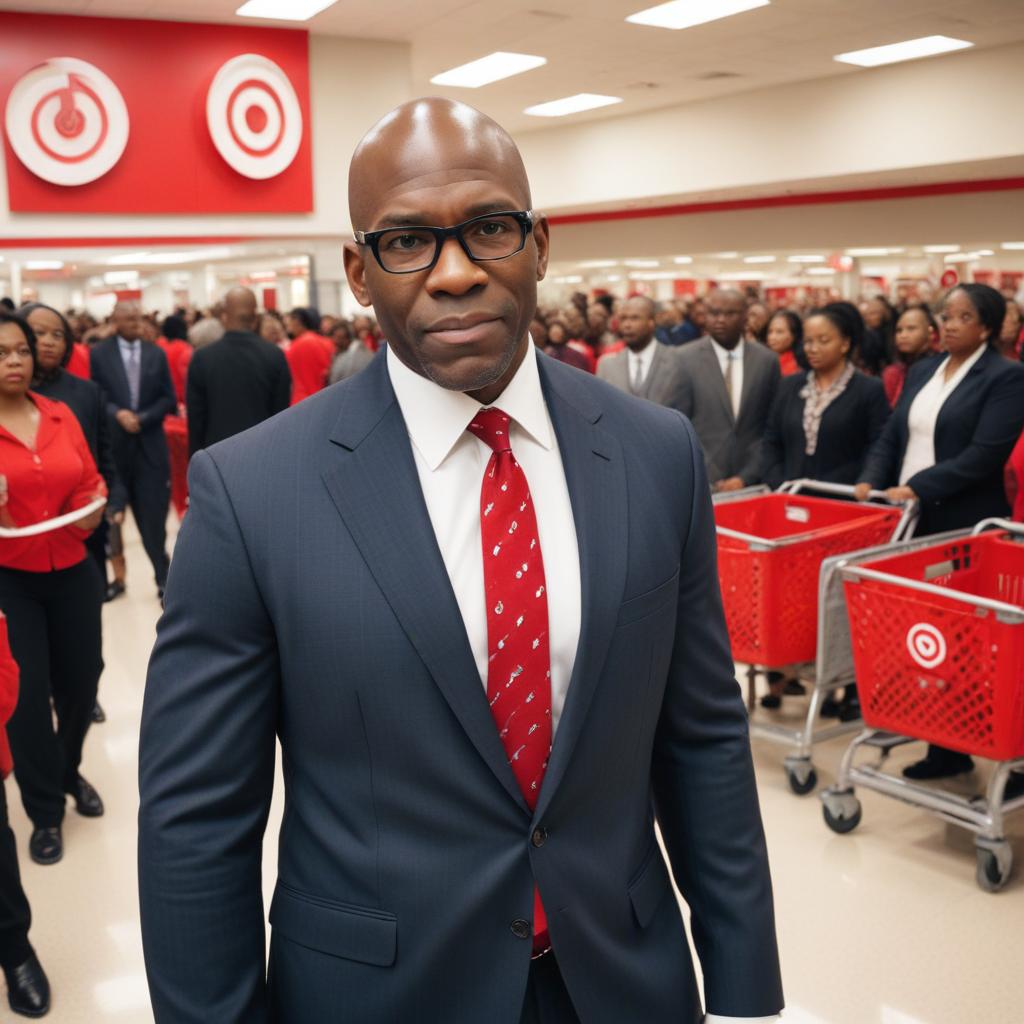A 40-day boycott of Target is underway, led by Rev. Jamal Bryant, protesting the retailer's decision to scale back diversity, equity, and inclusion (DEI) initiatives. Will it make a difference?
A 40-day boycott of Target, dubbed the "Target Fast," began on Wednesday, the first day of Lent. Organized by Rev. Jamal Bryant and other faith and civil rights leaders, the boycott protests Target's decision to curtail several DEI programs, including one supporting Black employees and Black-owned businesses. The boycott, which runs through April 17, aims to highlight the spending power of Black Americans and pressure Target to reinstate its commitments to DEI. Target has declined to comment directly on the boycott. The company's decision to scale back DEI initiatives follows similar moves by other corporations and has faced criticism, with some viewing it as a response to conservative pressure. While Target's rival, Walmart, also reduced its DEI initiatives, Target's actions drew more significant customer outrage due to its past messaging and reputation as a supporter of racial minorities and the LGBTQ+ community. The boycott organizers urge participants to redirect their spending to Black-owned businesses and are demanding Target restore its DEI commitments and honor its pledge to spend over $2 billion with Black-owned businesses by 2025. Approximately 110,000 people reportedly signed up to participate. Experts note that the boycott highlights the risks companies face when actions contradict their previous messaging and alienate customer bases, particularly within vulnerable communities. The success of the boycott depends on sustaining momentum and providing alternative options for consumers. While the boycott's impact remains uncertain, it underscores the power of consumer activism and the potential consequences of corporate decisions perceived as betraying consumer trust.



